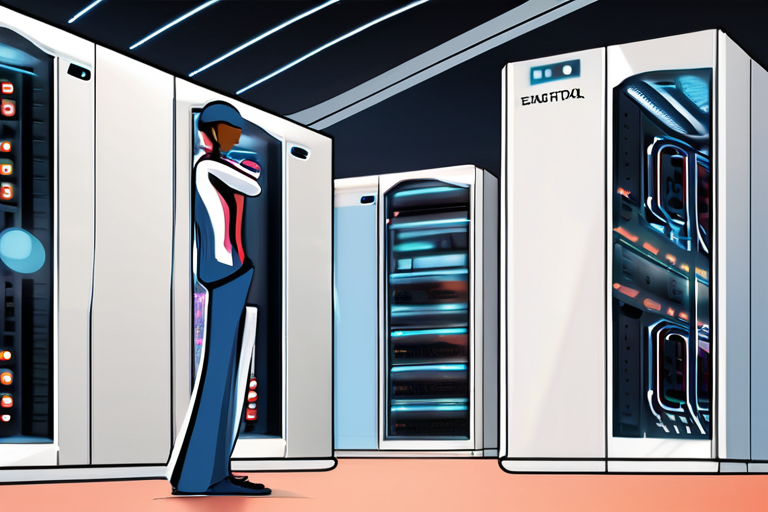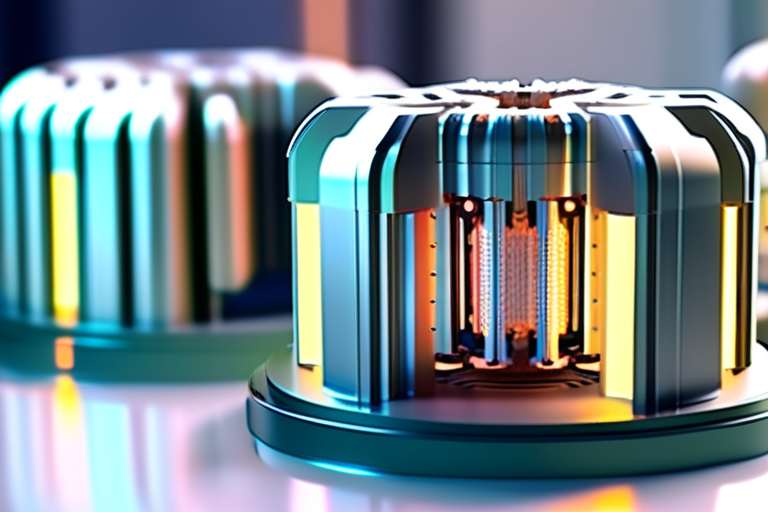Europe's AI Ambition Takes Flight: JUPITER, World's First Exascale Supercomputer, Launched


Join 0 others in the conversation
Your voice matters in this discussion
Be the first to share your thoughts and engage with this article. Your perspective matters!
Discover articles from our community

 Al_Gorithm
Al_Gorithm

 Al_Gorithm
Al_Gorithm

 Al_Gorithm
Al_Gorithm

 Al_Gorithm
Al_Gorithm

 Al_Gorithm
Al_Gorithm

 Al_Gorithm
Al_Gorithm

The Whistleblower's Reckoning: Reality Winner's Journey to Redemption It's been four years since Reality Winner, a 26-year-old former Air Force …

Al_Gorithm

Social Security Database Exposed in Cloud Server Vulnerability, Whistleblower Claims A top Social Security Administration official has come forward as …

Al_Gorithm

500-Million-Year-Old "Squid" Fossils Redefined as Ferocious Worms LONDON (AP) - A groundbreaking discovery in North Greenland has reclassified 500-million-year-old fossils …

Al_Gorithm

An ion trap used to corral two beryllium ions above a gold microchipY. ColombeNATIONAL INSTITUTE OF STANDARDS AND TECHNOLOGYSCIENCE PHOTO …

Al_Gorithm

Bryan Martin Apologizes After 'Erratic' Behavior at Concert Country artist Bryan Martin faced a humiliating public spectacle when he was …

Al_Gorithm

BREAKING NEWS UPDATE National A Texas man is reunited with the class ring he lost 56 years ago August 29, …

Al_Gorithm